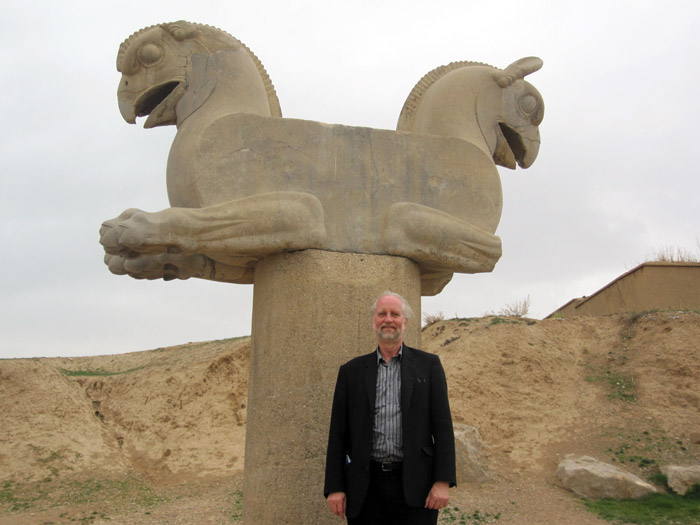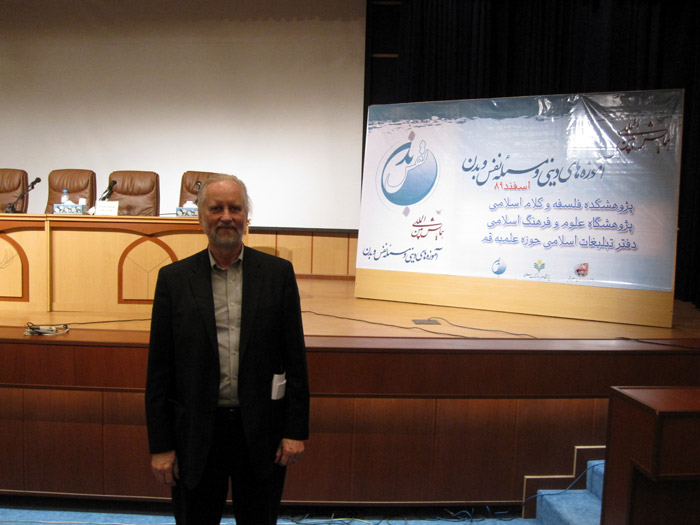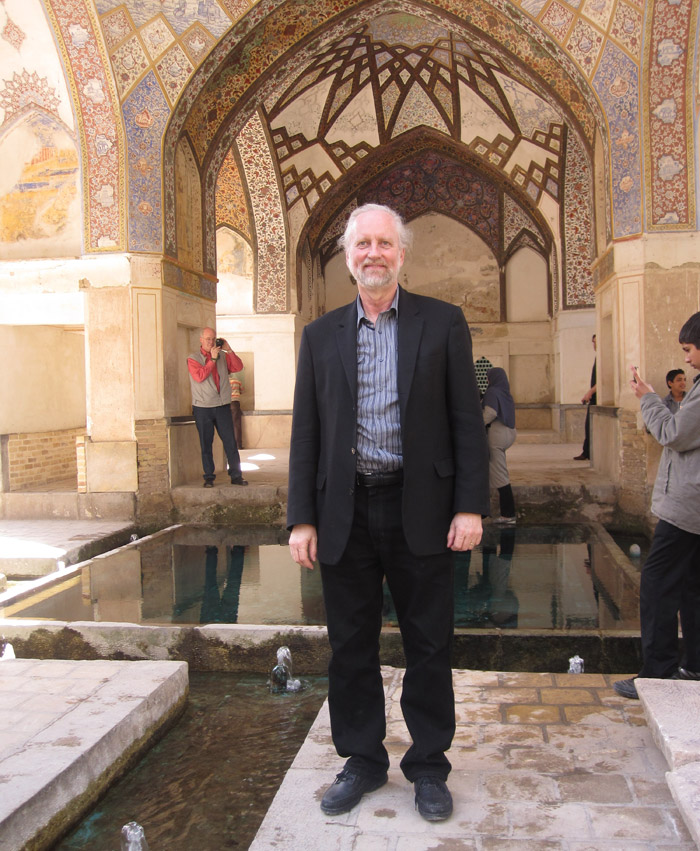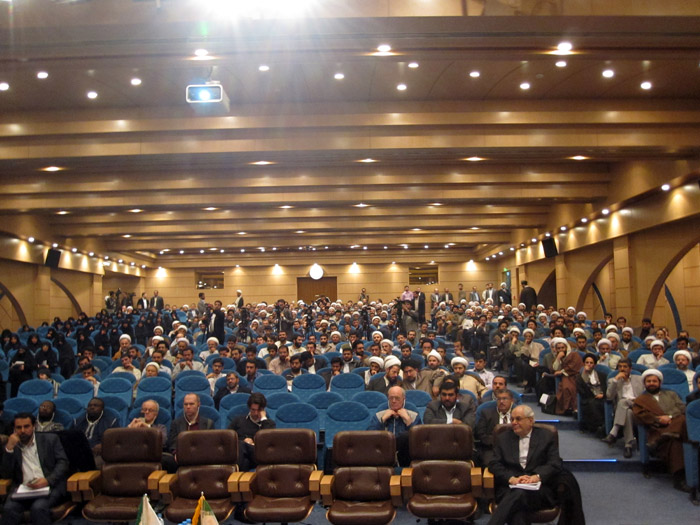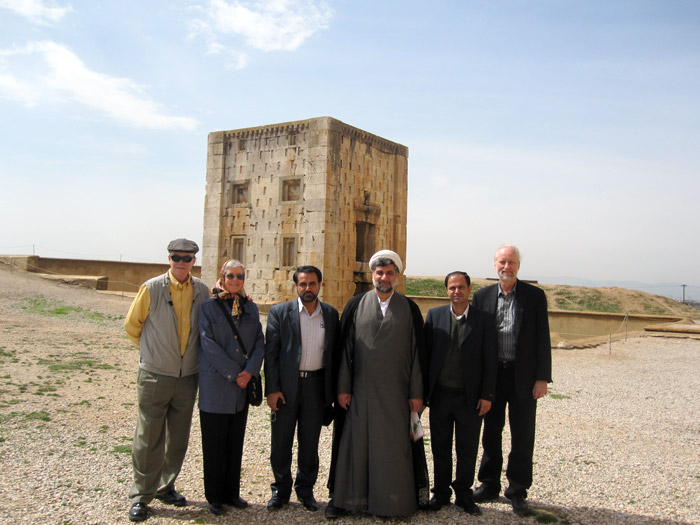Wierenga Gives Keynote at International Religion Conference
Currents, April 20, 2011
![]() LISTEN TO WIERENGA'S INTERVIEW WITH ABC RADIO IN AUSTRALIA
LISTEN TO WIERENGA'S INTERVIEW WITH ABC RADIO IN AUSTRALIA
transcript available
Edward Wierenga, a professor of religion and philosophy who also serves as the chair of the Department of Religion and Classics, and Lynne Baker, a distinguished philosopher at University of Massachusetts Amherst, traveled to the city of Qom in early March to participate in the International Conference of Religious Doctrines and the Mind-Body Problem.
Wierenga and Baker were the only invited speakers to attend the conference that drew in hundreds of scholars from around the world, including Sweden, Austria, Egypt, Jordan, and Ghana.
Sponsored by the Islamic Philosophy and Theology Research Center of the Academy of Islamic Sciences and Culture Academy, the conference was created to address philosophical views about the mind-body dualism—a theory that mind and body are distinct kinds of substances or natures— and to ask whether dualism supports religious doctrines about life after death.
"The conference looked at serious interreligious dialogues between Christians and Muslims and the common efforts of philosophers and scholars of religion," says Wierenga, who was named to the scientific council of the conference and was pleased to discover his work was known and had been translated by the younger philosophers in attendance.
Located in the Tehran province of Iran, Qom is the center of the Shi'a Islam, which is based on the teachings of the Quran. Shia believe that the soul survives death and that it will be resurrected after the final judgment. Home to the largest center for Shia scholarship in the world, Qom includes more than 700 research institutes and libraries and several of the country's senior clerics.
"I saw the invitation as a chance to reach a broader audience of scholars and to contribute to the ongoing discussion about the mind-body problem," says Wierenga. His keynote address, "Cartesian and Neo-Cartesian Arguments for Dualism," reconstructed several arguments suggested by philosopher René Descartes in 1641 and connected them with a recent argument by contemporary philosopher, Alvin Plantinga.
At the conference, Wierenga also learned of the academy's plans to translate and publish his book, The Nature of God: An Inquiry into Divine Attributes into Farsi and the group's interest in holding a future conference on the topic of divine attributes. "Their hope is to continue to promote scholarly interaction between the Muslim and western worlds and encourage an ongoing dialogue on topics of this nature."
While in Iran, Wierenga observed a culture and people he describes as generous, friendly, and teeming with activity. "Even at 11 at night, the markets and bazaars were buzzing. People came up to me to say they loved America and to ask questions about their English. At one point, I was approached by a man who told me that every night he goes to America in his dreams."
